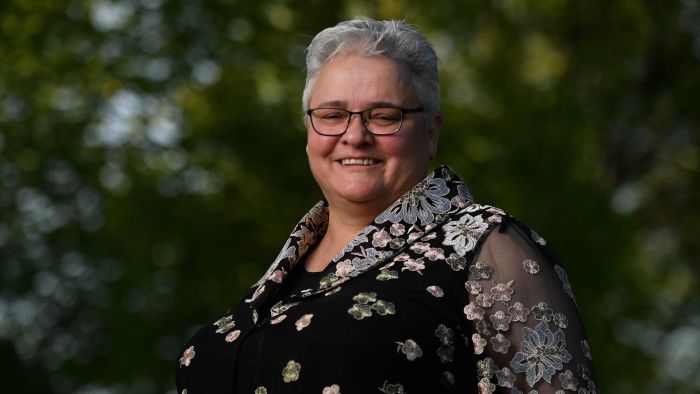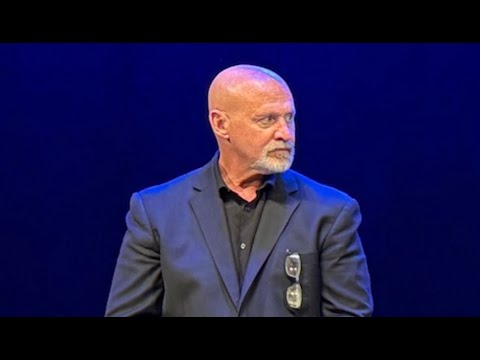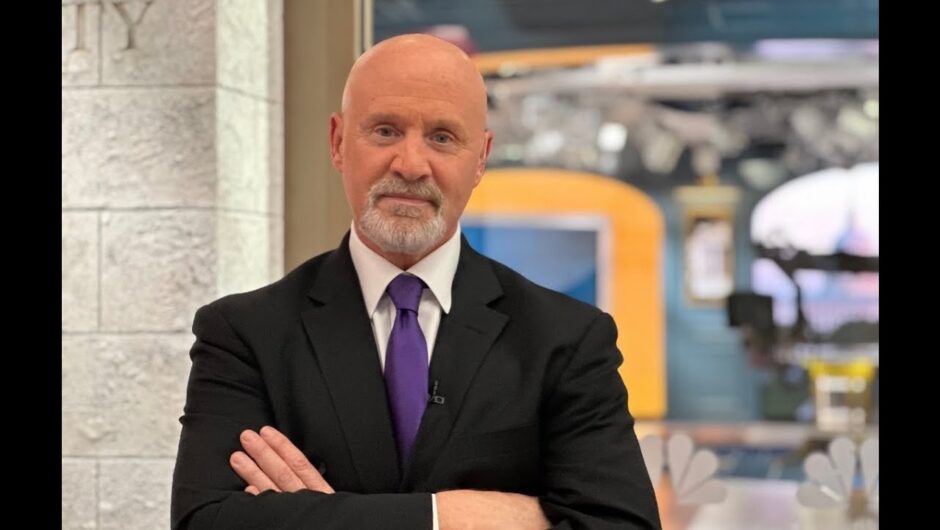The Australian Rugby League Commission’s (ARLC) Indigenous Council was not consulted on Thursday’s decision to scrap the national anthem ahead of State of Origin matches, nor the reversal of the decision only hours later.
Chair of the ARL Indigenous Council Katrina Fanning says it is no surprise there was such a strong reaction but she was surprised by the speed of the backflip.
“It’s been an interesting, quick, turnaround on a pretty significant decision … I would have thought people had thought through those consequences,” Fanning told The Ticket.
The Daily Telegraph announced the anthem would not be played with a readers’ poll quickly showing 89 per cent were critical of the decision, prompting a call from the Prime Minister’s office to the ARLC chair, Peter V’Landys.
A short time later at a press conference, NRL chief executive Andrew Abdo said the game had “listened to the fans” and announced a reversal of an unpopular decision.
Fanning, a Wiradjuri woman and former rugby league international player, said:
“I don’t know if you’d use it as any other policy solution — that an hour litmus test on social media would be enough evidence for you to fix a policy problem.”
Earlier in the year, the council was involved in discussions with the ARLC on whether the anthem should be played at all representative games or only those involving the national team, or on days of significant importance such as Anzac Day or grand final day.
Indigenous players ‘feel pressure’ whether they sing anthem or not
“As an Indigenous Australian part of the issue is that [the anthem] really talks only about the length of the time people have lived on this country as a couple of hundred years,” Fanning said.
“It talks about us being a young nation … and the reality is, the truth of it is, we are the oldest living culture on the Earth.
“Also in a more modern-day sense the disproportionate levels of representation in the justice system and those sorts of things [makes] those words for many Indigenous Australians a little bit difficult to sing.
“There are other parts to the verses that perhaps don’t get sung at these events but also hark to an era that is about dispossession and not truth-telling about the history of this place.”
At the 2019 All Stars game from which State of Origin players were selected, the media noticed some players, including debutante Latrell Mitchell, not singing the anthem and reported the story again once the Origin series began.

Fanning says Indigenous players feel pressure whether they choose to sing or not.
“I don’t think there’s anything in the actions of those young men that was disrespectful to the anthem or to other people,” she said.
“I think there’s a really poor conception that especially Indigenous athletes can only have an opinion that people are comfortable with.
“Media in particular, but social media as well, feel like they get a bit of a rise out of Latrell, they then use that to attack other decisions that he makes.
“Or [they report] other stories that would not sell as many papers, or get as many clicks, without adding this racial element which speaks to potentially a deeper issue in this country.”
‘If the anthem stays we need to change attitudes’
There is a positive from the anthem backflip, according to Fanning.
“What’s important here is to keep the conversation going and to be balanced, to not always just get the more extreme views,” she said.
“I think that there’s far more Australians who aren’t as passionate one way or the other, who are silent in this, and part of the issue comes from the silence of so many people being uncomfortable, not wanting to choose a side.




“They see what happens when someone does speak out and they don’t want to be the target of that.
“Rugby League has never shied away from tackling social issues and they’ve got a lot better over the years so sometimes it takes that little bit of courage, that bit of bravery.
“Like the marriage equality [message] a few years ago at the grand final, that also copped some interesting commentary in the media, but it was the right thing to do.
“So there’s still a role to balance volume, quality and quantity I guess.”
The Indigenous Council chair says by not being consistent with the anthem issue it becomes “problematic” for everyone.
“It will probably make it hard for change to happen in the near future, it sort of sets it back a long way, but I think the most positive thing we can take from this is to get more Australians talking about the anthem.”
Asked if she had a message for either V’Landys or Prime Minister Scott Morrison, she said more conversation was needed.
“I would say to both of them that things went really quickly today but this conversation needs to be longer and deeper,” she said.
“If the anthem stays we need to change peoples’ attitudes — not singing it doesn’t make you unpatriotic, just like singing it doesn’t [mean] you necessarily have a poor view of Aboriginal Australians.
“I know we’re harnessing that into a better conversation rather than, ‘I won and you lost’.
“It’s a conversation that’s obviously not settled yet.”







